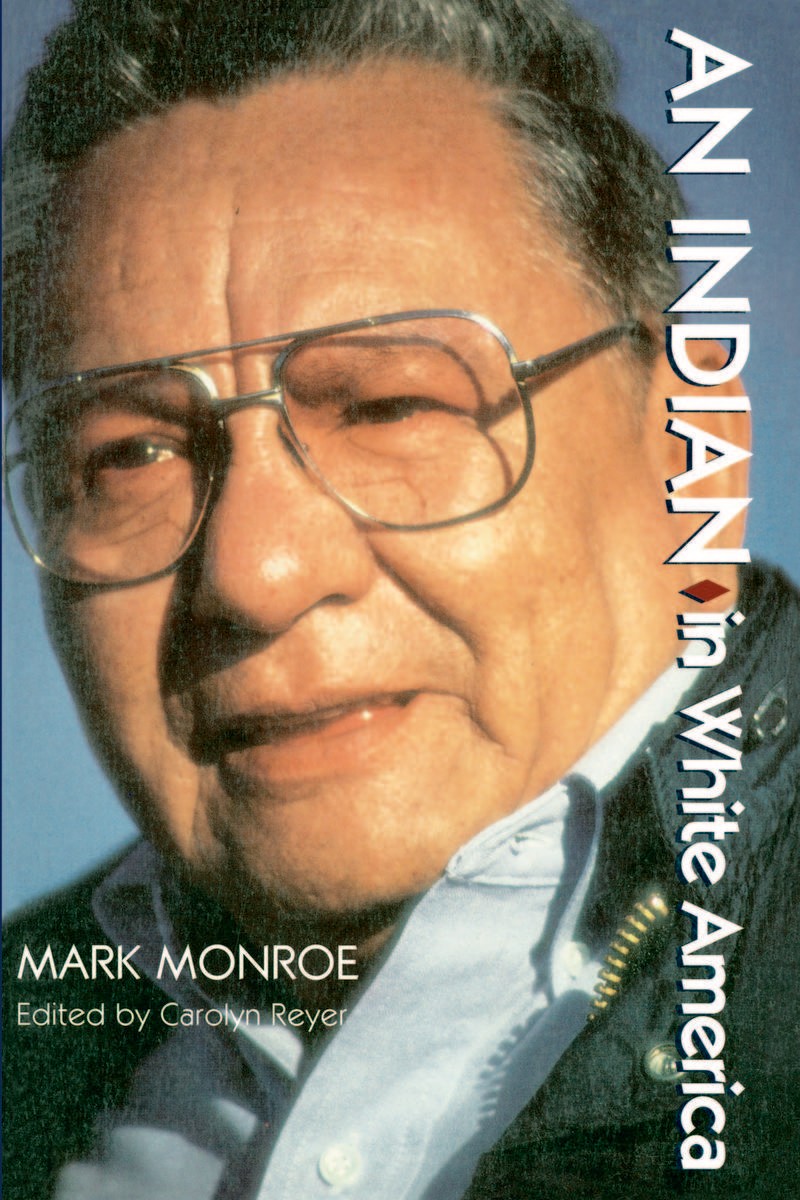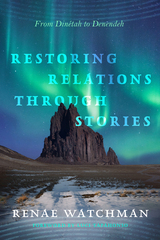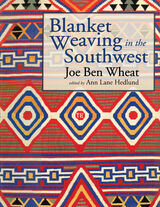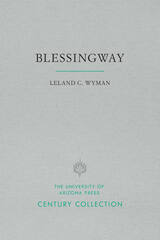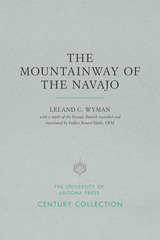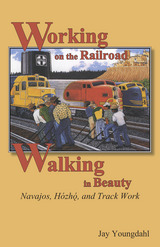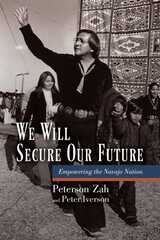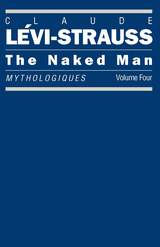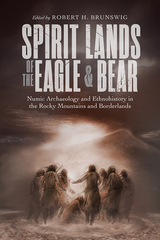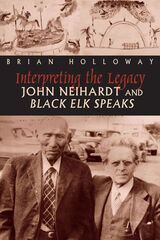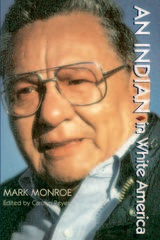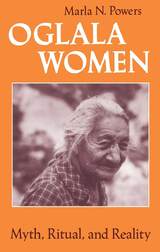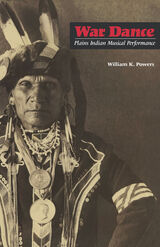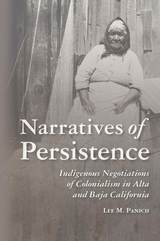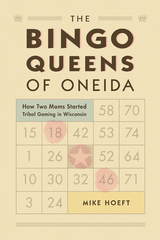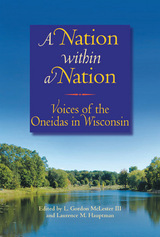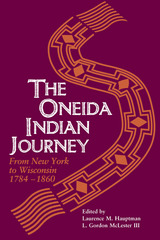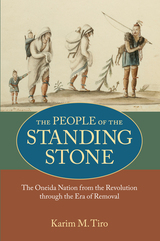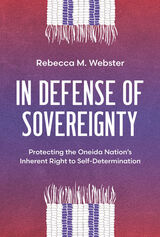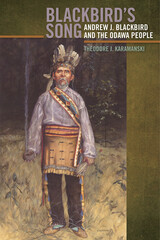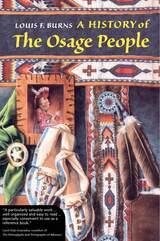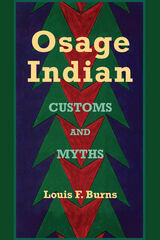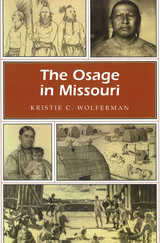An Indian in White America
Temple University Press, 1994
Paper: 978-1-56639-235-8 | eISBN: 978-1-4399-0097-0
Library of Congress Classification E99.O3M666 1995
Dewey Decimal Classification 978.3004975
Paper: 978-1-56639-235-8 | eISBN: 978-1-4399-0097-0
Library of Congress Classification E99.O3M666 1995
Dewey Decimal Classification 978.3004975
ABOUT THIS BOOK | AUTHOR BIOGRAPHY | REVIEWS | TOC | REQUEST ACCESSIBLE FILE
ABOUT THIS BOOK
"At time when most Americans don't realize that over 66 percent of Indians live off the reservation, this book is a powerful witness ... it will reward the reader with an illuminating look into what it means to be a member of America's Native minority."
--Kirkus Reviews
Narrated with intense honesty, this autobiography of Mark Monroe, a Lakota Sioux Indian, is a story of courage, faith, and determination, and a rare opportunity to witness the life of a contemporary American Indian. Despite lifelong confrontations with violence, racism, and personal hardship--alcoholism, family deaths, illness, poverty, and unemployment--Mark Monroe has worked to instill ethnic pride in his fellow Indians.
After an early idyllic childhood at the Rosebud South Dakota reservation, Monroe moved with his parents off-reservation to Alliance, Nebraska. There he first felt the sting of white America's racism from signs outside local businesses that read "No Indians or dogs allowed." As a young man, Monroe enlisted in the military, for the first time experiencing outside acceptance and learning vocational skills. Upon his return to the United States, he worked as a baker. At the same time, however, he was being sucked into a life of alcoholism, begun years earlier with social drinking. Eventually he was unable to eat or to work. After rehabilitation, he ran for Police Magistrate. Monroe was the first Indian ever to have filed for public office in Alliance, and his candidacy divided the town. Though he lost the election, he gained community support and a growing sense of dignity from the campaign.
From the misery and hopelessness he suffered as an alcoholic, and the pains of recovery, Monroe became aware of the cultural difference between Indian alcoholism and white alcoholism. This understanding led to his work with Indian alcoholics at the Panhandle Mental Health Center in Scottsbluff, Nebraska--another first. No Indian had ever served on the Center's staff. Since his recovery, Monroe has been an active participant in his community and continues to fight for the legal rights of American Indians. In 1973 he founded the American Indian Council, which today offers a variety of health, educational, and social programs, including a nutrition program, a hospital busing program, and alcohol counseling.
"[An] interesting representation of Lakota male experiences in the realities of present-day life in the Great Plains."
--Wicazo Sa Review
"Mark Monroe has broken out of society's cage and achieved outstanding things. We are all better off for it. His personality and stature--qualities of leadership, determination, and stamina--quickly override the poverty-stricken times and the tragic aspects that linger constantly at the edges of this Indian world, this seemingly desolate place. Compared with other Native American biographies, An Indian in White America stands near the top."
--Charles Ballard, Institute of Ethnic Studies, University of Nebraska
"I know of no other volume that deals so frankly with the familiar Indian problems of poverty, racism and alcoholism while offering, at the same time, the powerful example of one man's struggle out of those traps which still threaten Native people. Although Mark Monroe describes himself as 'just an ikee wicasa--a common man who's trying to provide for his family,' he provides us all with lessons for healing and survival. His autobiography is an uncommon gift."
--Joseph Bruchac, Editor, Greenfield Press Review
--Kirkus Reviews
Narrated with intense honesty, this autobiography of Mark Monroe, a Lakota Sioux Indian, is a story of courage, faith, and determination, and a rare opportunity to witness the life of a contemporary American Indian. Despite lifelong confrontations with violence, racism, and personal hardship--alcoholism, family deaths, illness, poverty, and unemployment--Mark Monroe has worked to instill ethnic pride in his fellow Indians.
After an early idyllic childhood at the Rosebud South Dakota reservation, Monroe moved with his parents off-reservation to Alliance, Nebraska. There he first felt the sting of white America's racism from signs outside local businesses that read "No Indians or dogs allowed." As a young man, Monroe enlisted in the military, for the first time experiencing outside acceptance and learning vocational skills. Upon his return to the United States, he worked as a baker. At the same time, however, he was being sucked into a life of alcoholism, begun years earlier with social drinking. Eventually he was unable to eat or to work. After rehabilitation, he ran for Police Magistrate. Monroe was the first Indian ever to have filed for public office in Alliance, and his candidacy divided the town. Though he lost the election, he gained community support and a growing sense of dignity from the campaign.
From the misery and hopelessness he suffered as an alcoholic, and the pains of recovery, Monroe became aware of the cultural difference between Indian alcoholism and white alcoholism. This understanding led to his work with Indian alcoholics at the Panhandle Mental Health Center in Scottsbluff, Nebraska--another first. No Indian had ever served on the Center's staff. Since his recovery, Monroe has been an active participant in his community and continues to fight for the legal rights of American Indians. In 1973 he founded the American Indian Council, which today offers a variety of health, educational, and social programs, including a nutrition program, a hospital busing program, and alcohol counseling.
"[An] interesting representation of Lakota male experiences in the realities of present-day life in the Great Plains."
--Wicazo Sa Review
"Mark Monroe has broken out of society's cage and achieved outstanding things. We are all better off for it. His personality and stature--qualities of leadership, determination, and stamina--quickly override the poverty-stricken times and the tragic aspects that linger constantly at the edges of this Indian world, this seemingly desolate place. Compared with other Native American biographies, An Indian in White America stands near the top."
--Charles Ballard, Institute of Ethnic Studies, University of Nebraska
"I know of no other volume that deals so frankly with the familiar Indian problems of poverty, racism and alcoholism while offering, at the same time, the powerful example of one man's struggle out of those traps which still threaten Native people. Although Mark Monroe describes himself as 'just an ikee wicasa--a common man who's trying to provide for his family,' he provides us all with lessons for healing and survival. His autobiography is an uncommon gift."
--Joseph Bruchac, Editor, Greenfield Press Review
See other books on: 1930- | Biography | Indian | Indigenous | Oglala Indians
See other titles from Temple University Press
